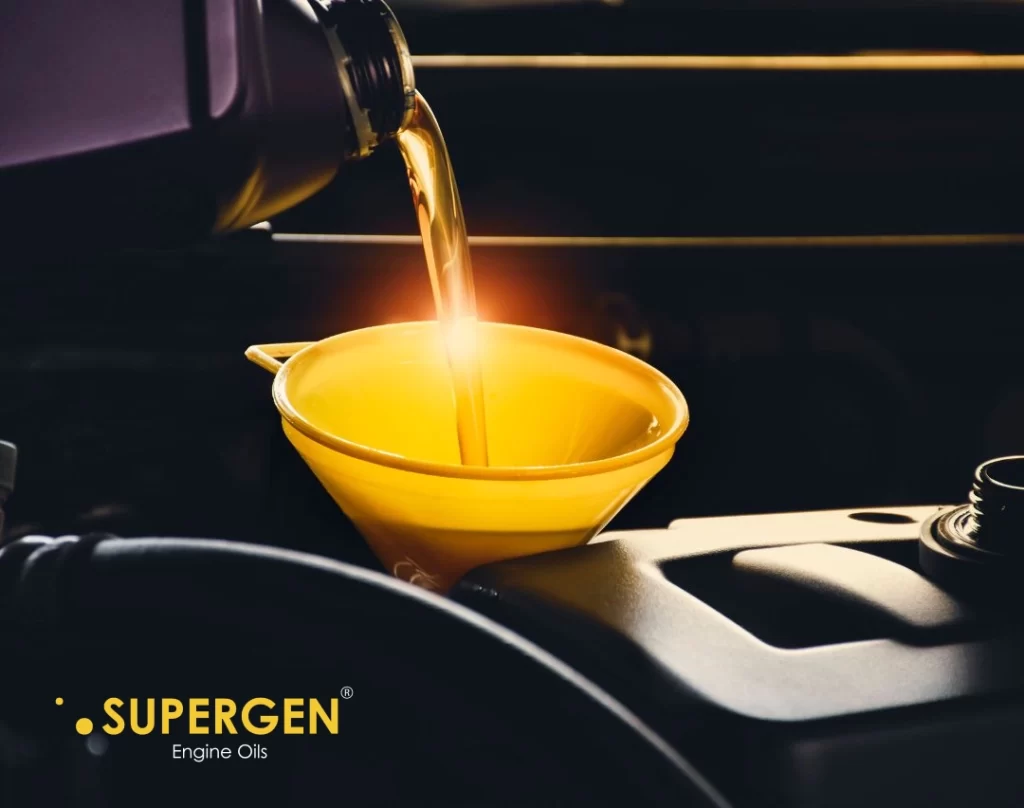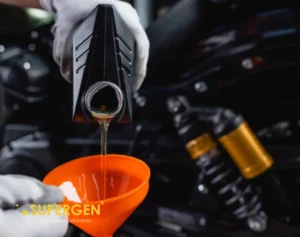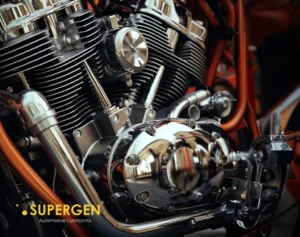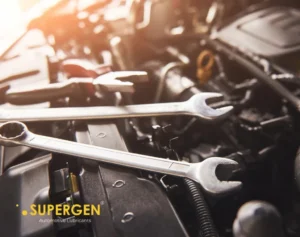Introduction
There are several important considerations when choosing the right motor oil for Indian cars. With India’s diverse climatic conditions ranging from scorching heat to monsoons to cold winters, choosing the right engine oil is critical to ensure optimum vehicle engine performance, protection and longevity. By considering factors such as viscosity grade, API certifications, OEM recommendations, climatic conditions, brand reputation and regular maintenance, Indian car owners can decide which motor oil best suits their particular needs. You can make informed decisions about whether The purpose of this introductory guide is to provide insights and guidelines to help you choose the best engine oil for your Indian car, maximizing engine efficiency and overall vehicle reliability.
Choosing the Right Engine Oil:
Several factors need to be considered when choosing the right motor oil for an Indian vehicle, including vehicle type, manufacturer’s recommendations, climatic conditions, and oil specifications. Here are some guidelines for making informed decisions.
- Refer to your Vehicle’s Manual.
Follow the vehicle manufacturer’s operating instructions. It usually includes specific recommendations for the correct viscosity grade and oil specification for your vehicle.
- Viscosity Class:
Consider the recommended viscosity grade of engine oil. Viscosity determines oil flow and thickness at different temperatures. Viscosity grades commonly used in India include 10W-30, 15W-40 and 20W-50, but may vary depending on vehicle and engine type.
- API Authentication:
Look for a motor oil with the appropriate API (American Petroleum Institute) certification. In India, most vehicles require oils that meet API specifications such as API SN, API SM, API SL, which indicate oil quality and performance standards.
- OEM Recommendations:
Follow the specific recommendations provided by the vehicle manufacturer (original equipment manufacturer – OEM). Some manufacturers recommend specific brands and oil formulations that are suitable for their engines.
- Climate Conditions:
Consider the climate in your area. In the hot climates prevailing in many parts of India, higher viscosity oils (e.g. 15W-40 or 20W-50) are usually recommended to ensure proper lubrication and good engine protection.
- Synthetic or Mineral Oil:
Decide whether to use synthetic or mineral oil. Synthetic oils offer better performance and protection, especially in extreme conditions, but tend to be more expensive. Mineral oil is inexpensive and sufficient for normal driving conditions.
- Brand Reputation and Quality:
Choose quality products from reputable brands and trusted manufacturers. Look for a motor oil that meets industry standards and has an excellent track record for performance and reliability.
- Scheduled Maintenance:
Always observe the recommended oil change intervals and perform regular maintenance as recommended by the vehicle manufacturer. This ensures optimum engine performance and longevity.
Please note that specific requirements may vary by vehicle model and manufacturer. If you have any doubts or questions, please consult a qualified mechanic or contact the manufacturer’s Authorized Service Center for personalized advice based on the make and model of your vehicle.










